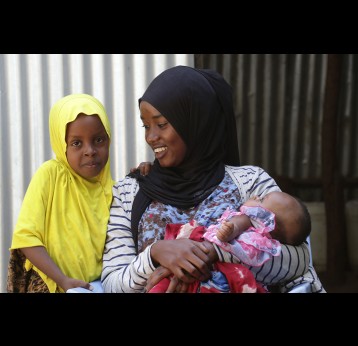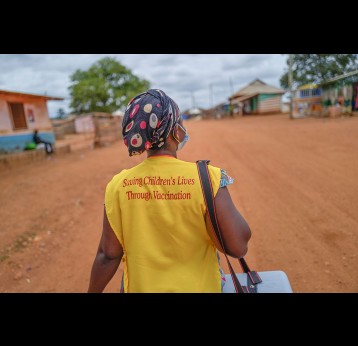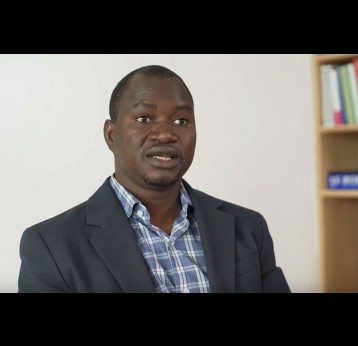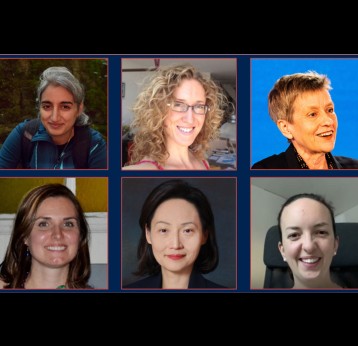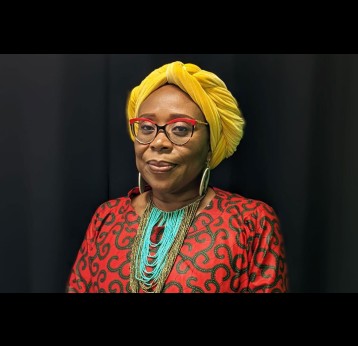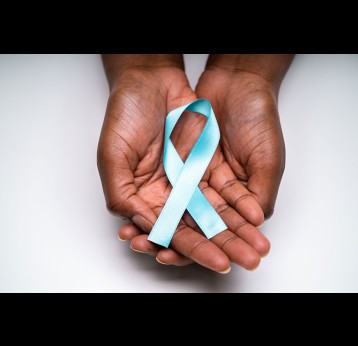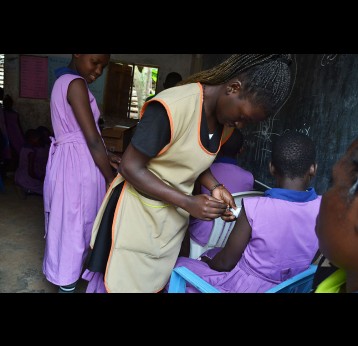View by type:
Articles (4204)
Eritrea touts screening and HPV vaccines to drive down cervical cancer rates
The second commonest cancer among women aged 15 to 44, and often diagnosed late, cervical cancer has a brutal mortality rate in Eritrea. Now, community health workers are pushing prevention.
The WHO first described COVID as a pandemic on March 11, 2020. Where are we at, three years later?
A fighting chance: translating routine vaccination for Kakuma’s multilingual refugee population
Sometimes to build demand for vaccines, just speaking the right language can be enough, especially in one of the world’s largest refugee camps.
COVID poetry: how a new genre is helping readers to comprehend the pandemic
Many established poets published lockdown poems offering their perspective on the power of poetry to make sense of the pandemic.
8 things we have learned from the COVID-19 pandemic
Next week marks three years since the World Health Organization characterised COVID-19 a pandemic. From immunity and vaccine efficacy to virus evolution and Long COVID, here’s what we now know.
In Ghana, a game of post-pandemic immunisation catch-up is being hobbled by vaccine shortages
Closing the COVID-19 immunity gap to make sure Ghana’s children are protected is only possible when there are enough vaccines in clinic refrigerators.
Professor Nayi Zongo is the President of the Burkinabe Coalition Against Cancer (COBUCAN). We discuss the importance of vaccination against human papillomavirus to prevent cervical cancer, which claims the lives of hundreds of women each year in…
How to succeed as a woman in science
From the best and worst career advice to the most influential role models, CEPI’s women scientists share their experiences…
Zambian broadcaster Karen Nakawala was diagnosed with cervical cancer four years ago. She survived, though many friends she made didn’t. Today she’s on a mission to convince girls across the world to get the HPV vaccine.
Why southern and eastern Africa have the world’s highest rates of cervical cancer
Southern and East African countries have some of the highest rates1 of cervical cancer in the world. Prof Lynette Denny explains why, and what is being done to improve women’s health.
Shame, myths and needlephobia leave Ugandan women at high risk of preventable cancer
Cervical cancer is vaccine-preventable in 95% of cases. It also remains Uganda’s single most common cancer, affecting three times as many women and girls there than on global average. VaccinesWork finds out why.
Q&A: Rolling out HPV vaccine in Burkina Faso
Dr Samiratou Ouédraogo is a lecturer at Joseph Ki-Zerbo University in Burkina Faso, deputy coordinator of the ReAAC (Research and Action Against Cancer) Chair, and also co-founder of Women in Global Health in French-speaking West Africa. She…



